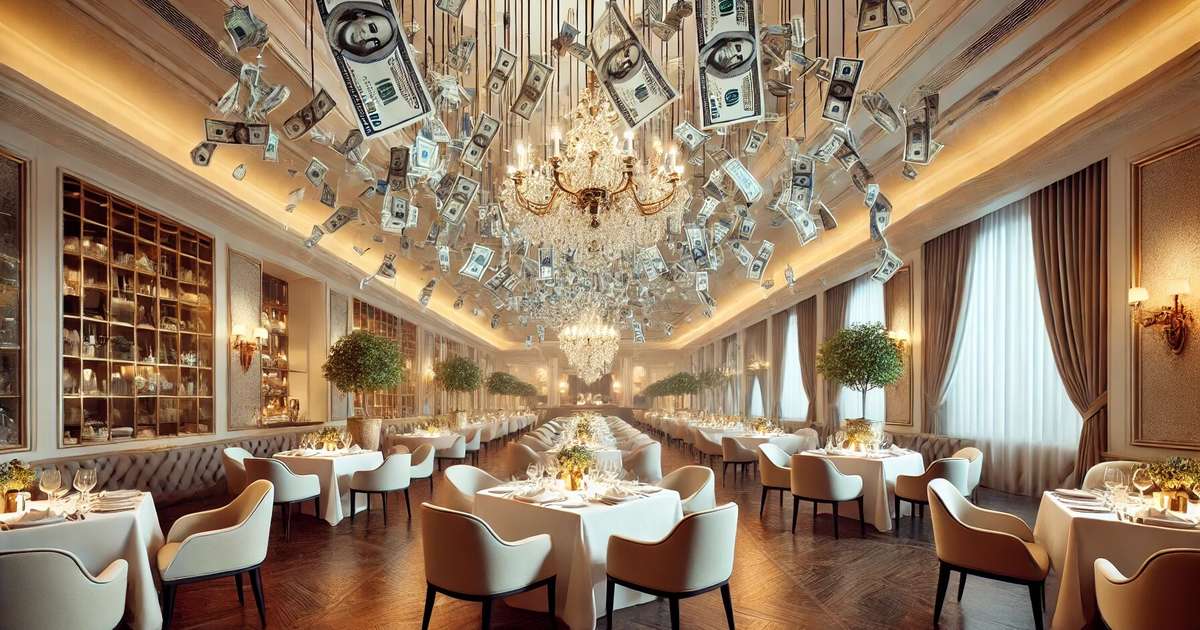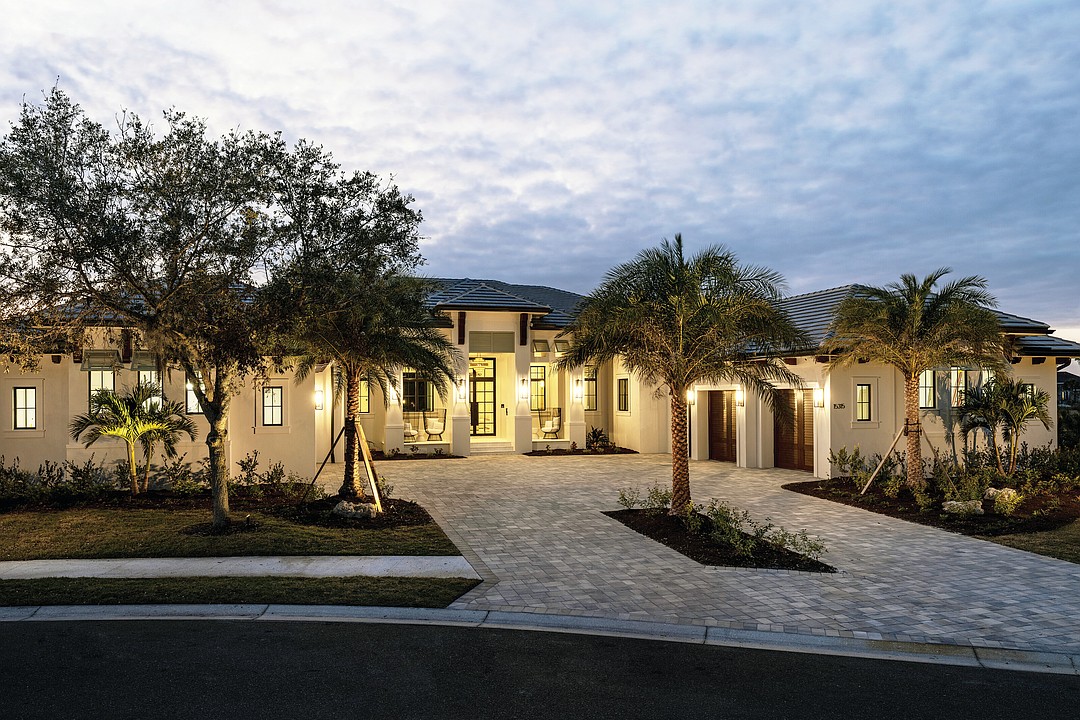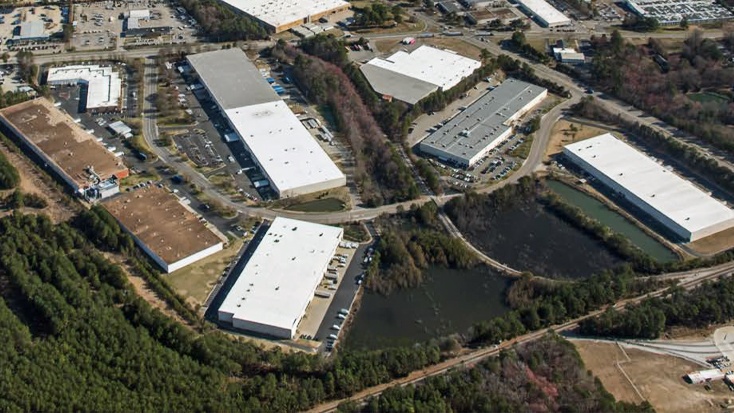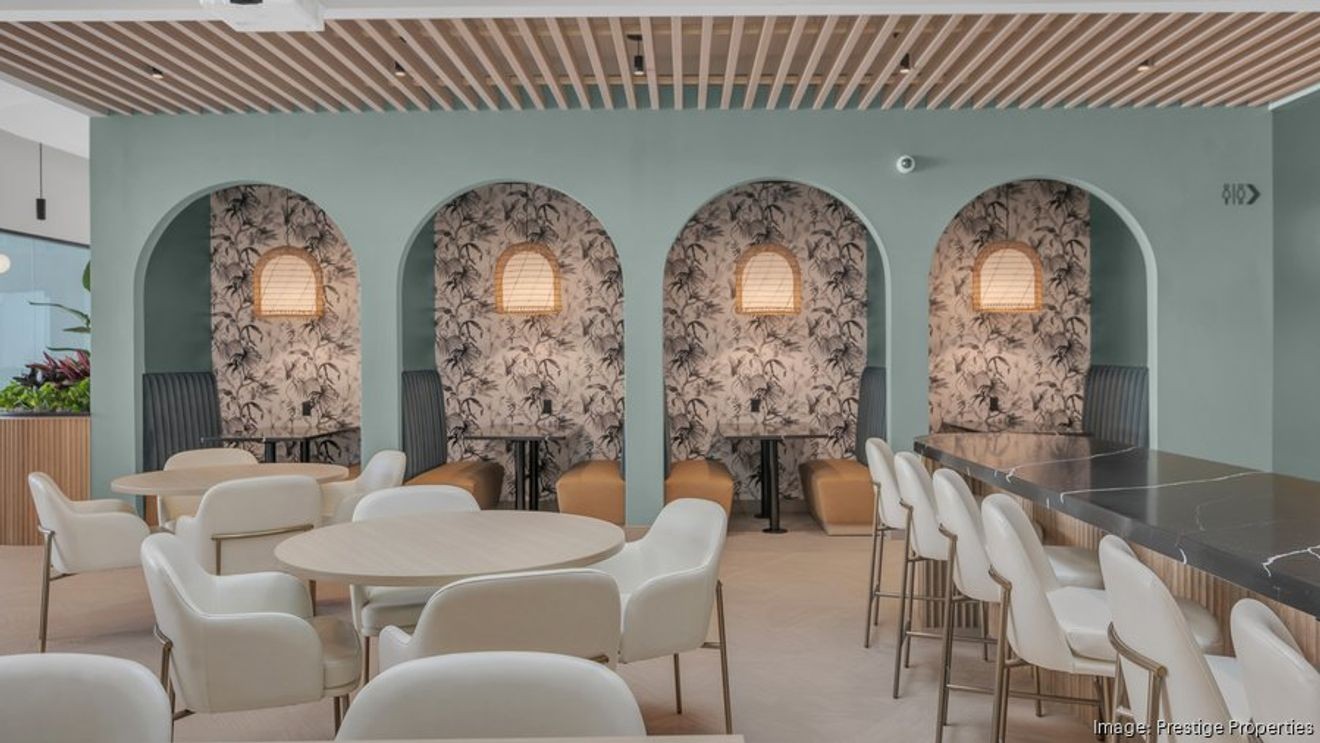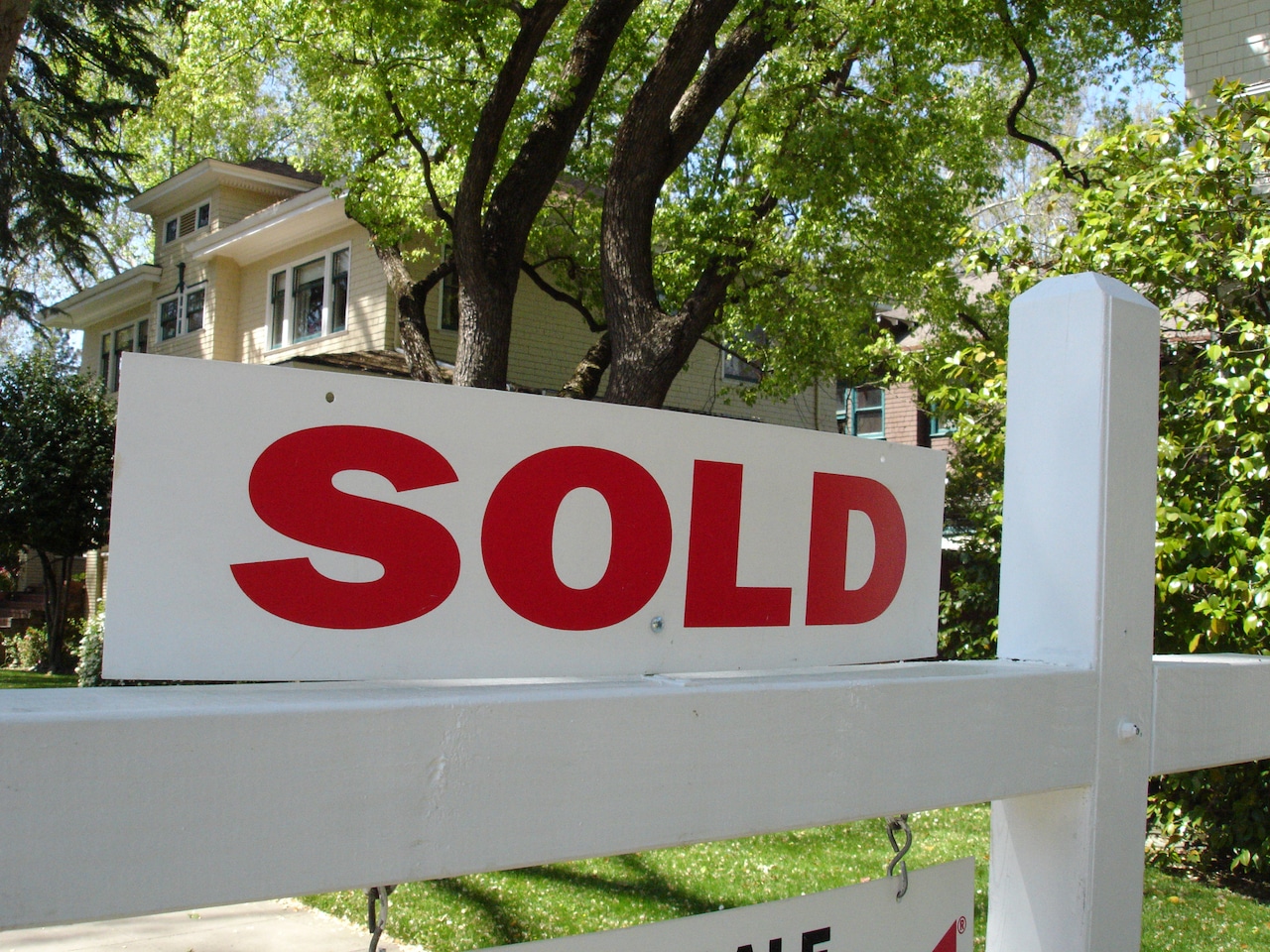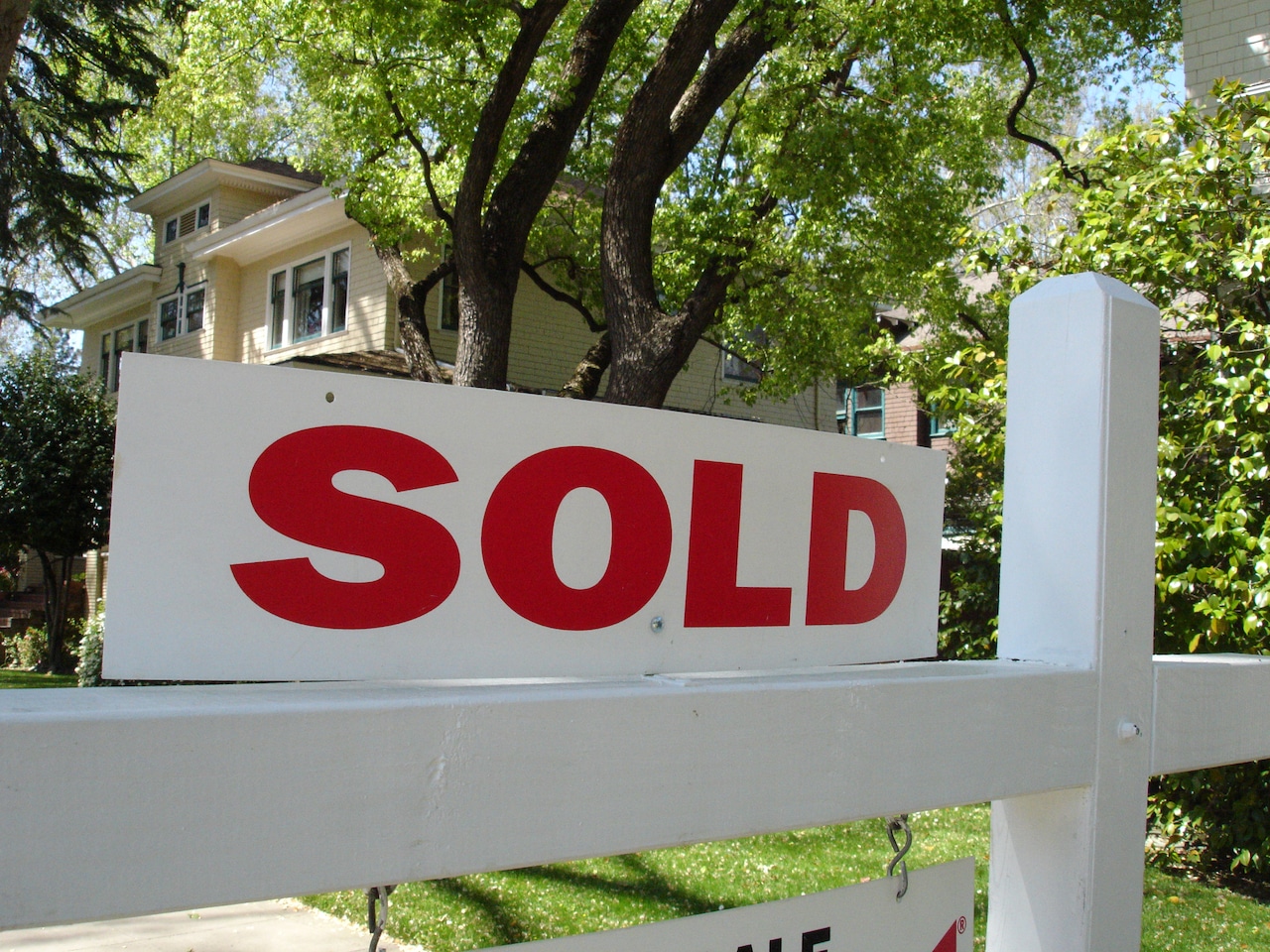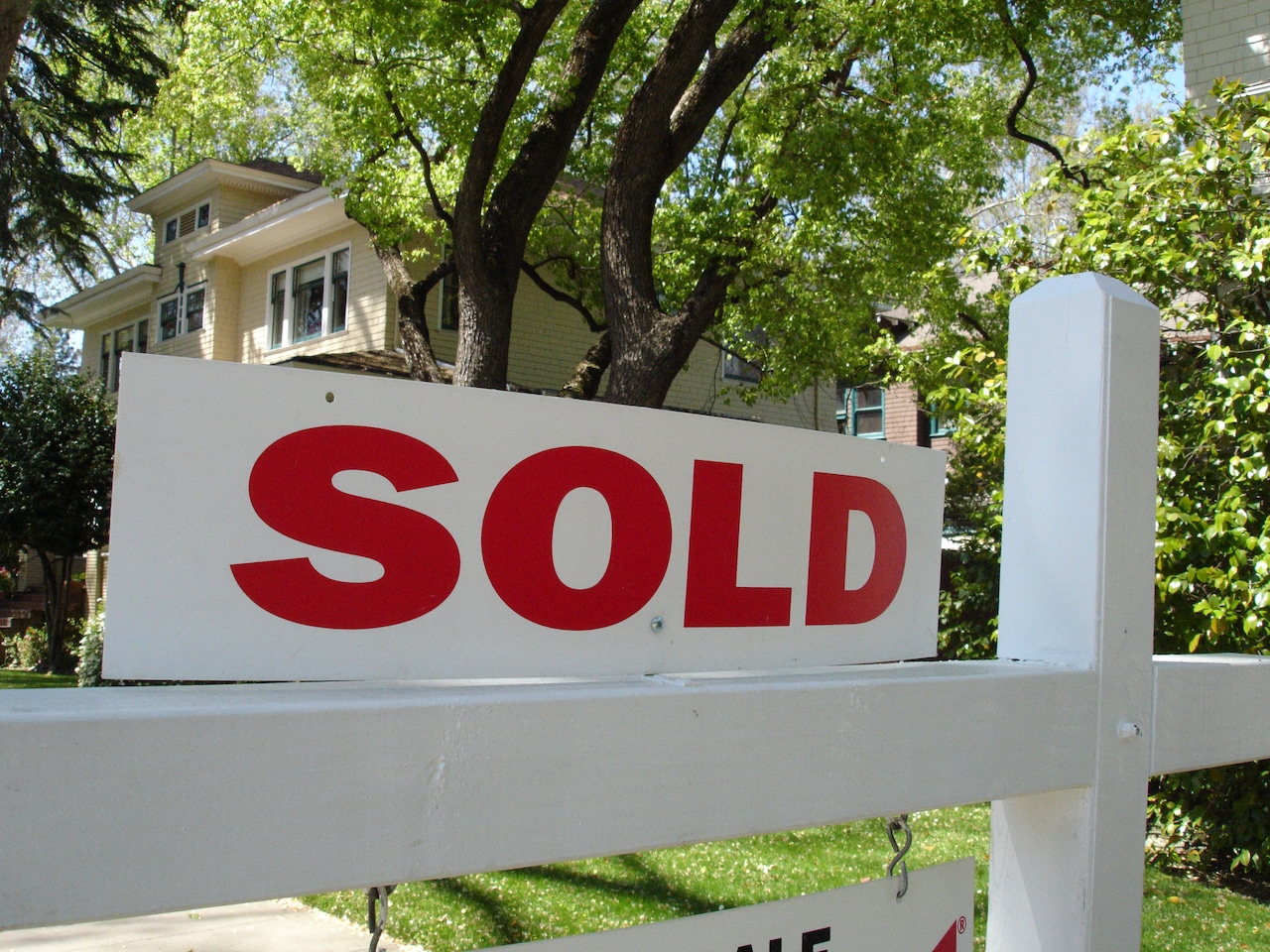T
he UAE and Middle East have become a hub for branded residences, with developers partnering with luxury brands to boost property prices and investor appeal. The trend is driven by the allure of prestige, long-term value, and diversified real estate exposure.
Globally, the branded residences market is growing rapidly, with 740 completed projects and 790 more expected by 2031. Dubai alone accounts for nearly 20% of the global pipeline, with over 140 branded developments in the works. Hospitality brands dominate the market, but food and beverage (F&B) brands are increasingly vying for a share.
Dubai's branded residence market has grown exponentially, from 21 projects in 2015 to 132 in 2024. F&B brands like Nikki Beach and Nobu have entered the market, offering unique design philosophies and lifestyle appeal. However, it remains to be seen whether they can command the same price premiums as top hotel brands.
Nikki Beach's debut project in Dubai saw resale prices reach AED 5,649 per sq ft, a 15% premium over comparable properties. Nobu has launched several projects in the Middle East, with prices starting at AED 8 million for units averaging 1,300 sq ft. Cipriani is also entering the market through its Mr. C Residence brand.
While F&B brands face unique challenges in the branded residence space, they can offer a steady cash flow and an avenue to cement customer loyalty. The convergence of lifestyle, hospitality, and real estate taps into the emotional value of ownership, making it not just about square footage but also about the story, experience, and exclusivity.
The success of F&B brands in the branded residence market will depend on their ability to maintain service standards and keep the brand experience intact. If buyers are willing to entrust their lifestyle – and investments – to F&B brands, it could signal a shift in how we define luxury hospitality altogether.
